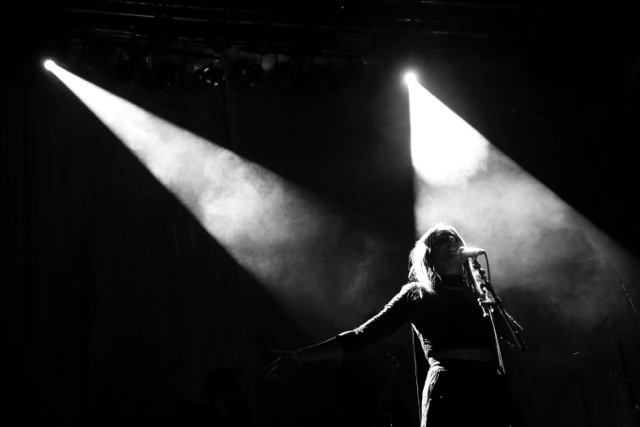
Dreams of freedom
The art of Andrra: a method for tackling gender discrimination.
There is a human defence mechanism for projecting violence as a phenomenon that happens to “others,” “somewhere,” wherever we aren’t, when in fact, violence is well-structured and occurs daily right under our noses.
“Vallja e Ushtarit” (the Soldier’s Dance) and “Vallja e Clirimit” (the Liberation Dance), another old dance with origins in Tetovo, are performed mainly by men and are related to liberation from Ottoman rule. However, Andrra embraces them to present the idea of liberation from patriarchal traditions.

Gresa Hasa
Gresa Hasa is the co-founder and editor-in-chief of Shota, an Albanian feminist magazine. She is an independent publicist, regularly contributing political commentary in Albanian, regional and often international media. Previously, she was engaged in grassroots political organizing in Albania. She currently resides in Vienna, Austria, where she continues her academic and professional career.
This story was originally written in Albanian.